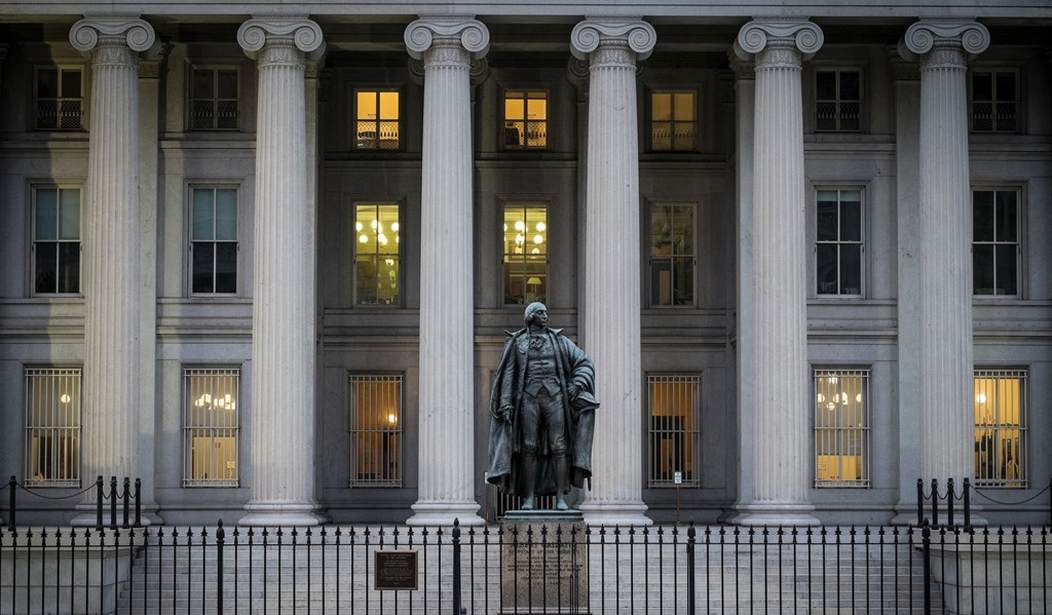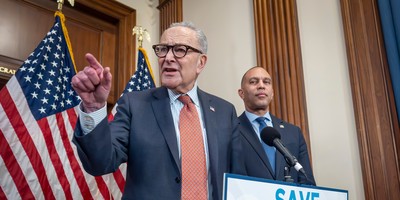In Alaska, the company that controls cell phone and cable TV service in the state has announced it will cut up to one fourth of its planned spending on improving its networks and service because the state legislature refuses to dip into its Permanent Fund to pay for ongoing expenses.
General Communications Inc., a local company with 1,700 employees, said it would reduce capital expenditures from a planned $210 million to somewhere between $158 million and $168 million.
This likely will slow the company’s efforts to aggressively expand in rural areas by adding redundancies to existing broadband networks, laying broadband and microwave towers across Southwestern, Western and Northwestern Alaska and expanding fiber link connections on the Kenai Peninsula.
Ron Duncan, president and CEO of General Communications Inc., made the announcement after Alaska’s House of Representatives could not even get a bill out of committee that would have closed a state budget shortfall by dipping into the Permanent Fund – the huge endowment, funded by energy taxes, that gives Alaskans a check every year and sets aside money for a time when the state will have to survive without energy tax revenues.
Duncan organized a group called Alaska’s Future, which consisted largely of government bureaucrats, labor union officials and other self-interested companies. The group spent more than $2 million to urge the state’s Republican-controlled legislature to plug a $3.2 million shortfall with money from the Permanent Fund. The plan passed the state senate on a 14-5 vote, but failed to clear a key committee by a 5-4 vote.
Recommended
Gov. Bill Walker, an independent, then used a line-item veto to cancel $1.3 billion in state spending and reduced the Permanent Fund Dividend – the payment all Alaskans receive each year – from $2,000 to $1,000.
A statement from GCI said the cuts were made because “the state government has not been able to adopt a workable long term fiscal plan in 2016.” But one lawmaker said it’s not a matter of coming up with ever-more-imprudent ways to fund state government but of setting priorities, eliminating waste and having the state – rather than its people – live within its means.
Rep. Lora Reinbold represents a district near Fairbanks. She was elected in 2012 as a Republican, but she was kicked out of the Republican caucus because she refused to vote for a party-backed budget resolution in 2015. She argued the budget did not make deep enough cuts, particularly to the University of Alaska system, and thus was not conservative enough.
She says lawmakers still haven’t gotten the message.
“The governor and the legislature have both professed that a combination of a budget cuts and revenue options will be necessary to solve the state of Alaska’s fiscal crisis,” she wrote in an op-ed in the Juneau Empire in April. “So where are the cuts?”
Reinbold pointed out that Alaska spent $15,470 per capita in 2014, nearly three times the national average of $5,457. “The common argument is simply, ‘Alaska is different.’ Yes, but three times different?”
She said the state has been through lean times before but did a far better job of holding down spending and protecting taxpayers. She compared spending in fiscal 2014 with that of 2006, another time oil prices were low and state finances were in flux. She said adjusting for inflation and population growth, the government in 2006 delivered the same services for 12 percent less – or about $1 billion of the $3.2 billion shortfall.
Alaska is at a crossroads. Production from the North Slope is declining, although it could be offset by new shale and natural gas finds. But the energy industry has changed forever, and it’s hard to imagine a near-term scenario in which oil returns to $90 or $100 per barrel.
The state’s cable and cell phone company wants to keep the spigots flowing. It wants to keep those 1,700 employees happy and try to turn around its moribund recent financials.
But the long-term interests of Alaskans don’t always intersect with their cable and cell company. As Reinbold points out, there is more riding on this than whether to cut the Permanent Fund Dividend. There’s more than tapping rainy day funds for ongoing expenses. There’s more to it even than the failure to identify opportunities for savings, which she says are plentiful.
“Alaskans need to speak up and demand substantially lower budgets before accepting a plan that implements a state income tax or restructures the Permanent Fund cash flow,” she wrote. “If we don’t fix government now there will be no motivation and no sense of urgency to reduce spending in the future because government will have the keys to the treasury!”

























Join the conversation as a VIP Member